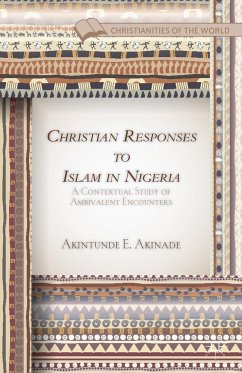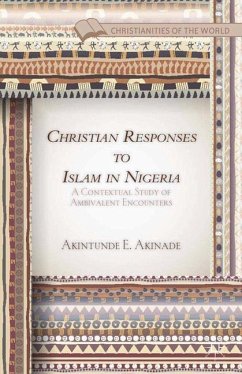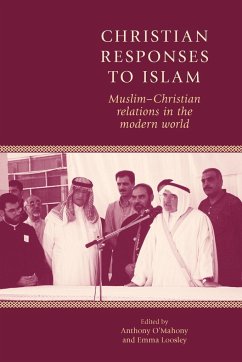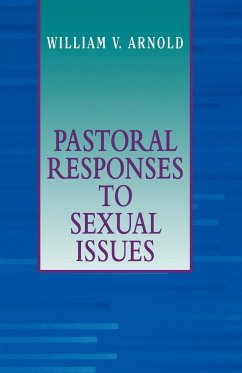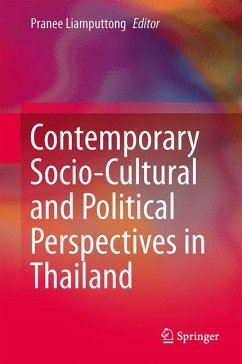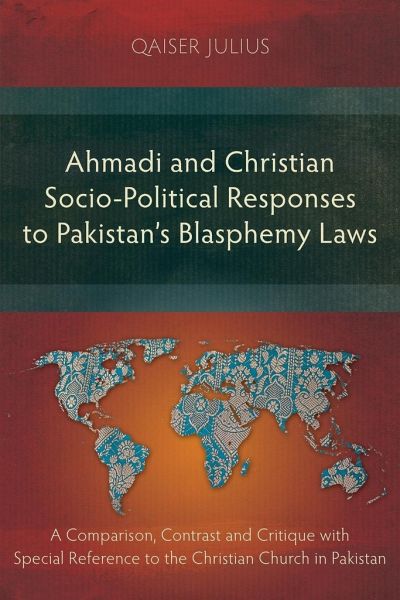
Ahmadi and Christian Socio-Political Responses to Pakistan's Blasphemy Laws
A Comparison, Contrast and Critique with Special Reference to the Christian Church in Pakistan

PAYBACK Punkte
17 °P sammeln!
The roots of Pakistan's blasphemy laws can be traced back to the British colonial rule in India, but their harsher clauses were added to the Pakistan Penal Code during a wave of intense Islamization in the 1980s. Everyone in Pakistan is threatened by the misuse of these laws, even Muslims; however a disproportionate number of victims targeted by these laws have come from two minority groups, the Ahmadis and Christians. Dr Qaiser Julius focuses on how these two groups have been affected by Pakistan's blasphemy laws, their different reactions to these laws, and more specifically, why they are re...
The roots of Pakistan's blasphemy laws can be traced back to the British colonial rule in India, but their harsher clauses were added to the Pakistan Penal Code during a wave of intense Islamization in the 1980s. Everyone in Pakistan is threatened by the misuse of these laws, even Muslims; however a disproportionate number of victims targeted by these laws have come from two minority groups, the Ahmadis and Christians. Dr Qaiser Julius focuses on how these two groups have been affected by Pakistan's blasphemy laws, their different reactions to these laws, and more specifically, why they are responding differently despite living under the same circumstances. In this well-structured and understandable study, Julius provides a valuable tool for Christians to understand what it means to be a minority in a hostile culture. This thorough analysis presents a way forward for the Christian church in Pakistan, providing hope amidst the discrimination and persecution.




